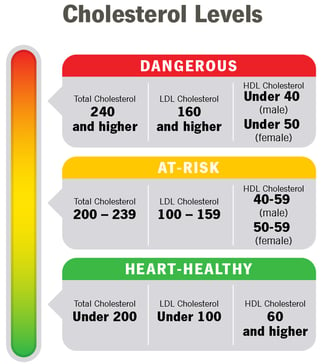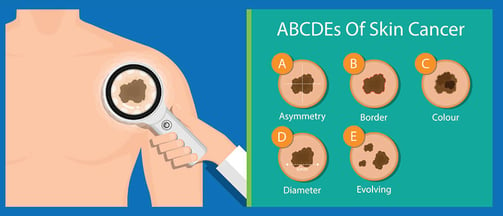8 Essential Screenings You Shouldn't Ignore
Discover the top 8 essential health screenings to keep you proactive and healthy.
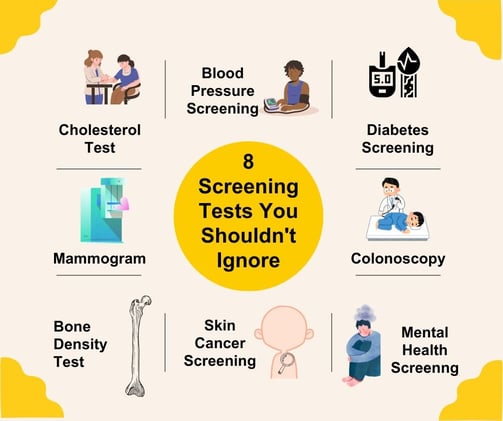

Taking care of our health is crucial, and preventive medicine plays a key role. Regular health screenings can catch potential issues early, making them much easier to manage. Here are eight essential health screenings you should prioritize, along with age recommendations and why each one matters.
Blood Pressure Screening
When: Starting at age 18, check your blood pressure at least every two years. More frequent checks may be necessary for those with elevated readings or risk factors.
Why It Matters: High blood pressure often has no symptoms but can lead to serious complications like heart disease and stroke. Regular checks help you stay informed and proactive. American Heart Association
Cholesterol Test
When: Adults should have their cholesterol checked every 4 to 6 years starting at age 20. Those with risk factors may need more frequent tests.
Why It Matters: Monitoring cholesterol levels is vital for preventing cardiovascular diseases, which are a leading cause of death globally. CDC
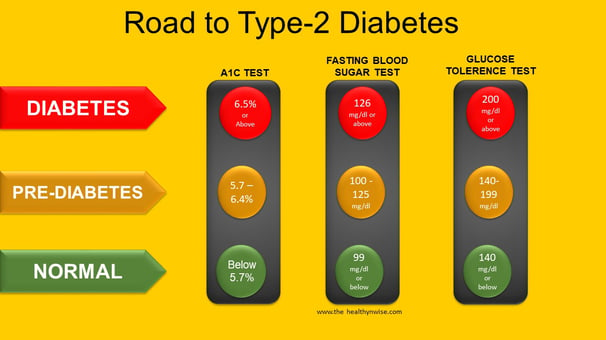

Mammogram
When: Women should start getting mammograms at age 40, with annual or biennial screenings based on personal risk factors.
Why It Matters: Early detection of breast cancer through mammograms significantly improves treatment outcomes and survival rates. American Cancer Society
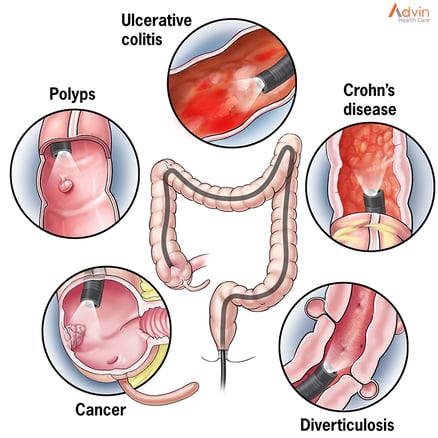

Conclusion
These eight essential screenings are key to maintaining your health and preventing diseases. Regular health checks can help you stay ahead of potential health concerns and ensure you live your best life. It's always a good idea to consult with your healthcare provider to create a personalized screening schedule tailored to your unique health needs and risk factors. By prioritizing these screenings, you’re taking significant steps toward a healthier future. Your health matters, so don’t hesitate to reach out for the care you deserve!

How to take your own blood pressure
Diabetes Screening
When: Adults aged 45 and older should be screened every three years, with earlier testing for those with risk factors.
Why It Matters: Early detection of diabetes can prevent serious complications, including heart disease, nerve damage, and kidney issues. American Diabetes Association
Picture Credits: Cleveland Clinic

Colonoscopy
When: Screening for colorectal cancer should begin at age 45 and continue every 10 years if results are normal.
Why It Matters: Detecting and removing precancerous polyps can prevent colorectal cancer, making this screening crucial for overall health. American Society of Clinical Oncology
Why do doctors do colonoscopy?
Bone Density Test
When: Women aged 65 and older and men aged 70 and older should be screened for osteoporosis.
Why It Matters: Early detection of osteoporosis can help prevent fractures and serious complications that affect quality of life. National Osteoporosis Foundation
Skin Cancer Screening
When: Regular self-exams and a professional skin exam at least once a year are recommended for everyone.
Why It Matters: Early detection of skin cancer can dramatically increase the chances of successful treatment and recovery. Skin Cancer Foundation
Mental Health Screening
When: Regular mental health screenings are important, especially for adults over 18, and can be integrated into annual physical exams.
Why It Matters: Early detection of mental health issues can lead to better management and treatment, improving overall quality of life. National Institute of Mental Health
Explore More

Subscribe
Get new blogs in your Emails

